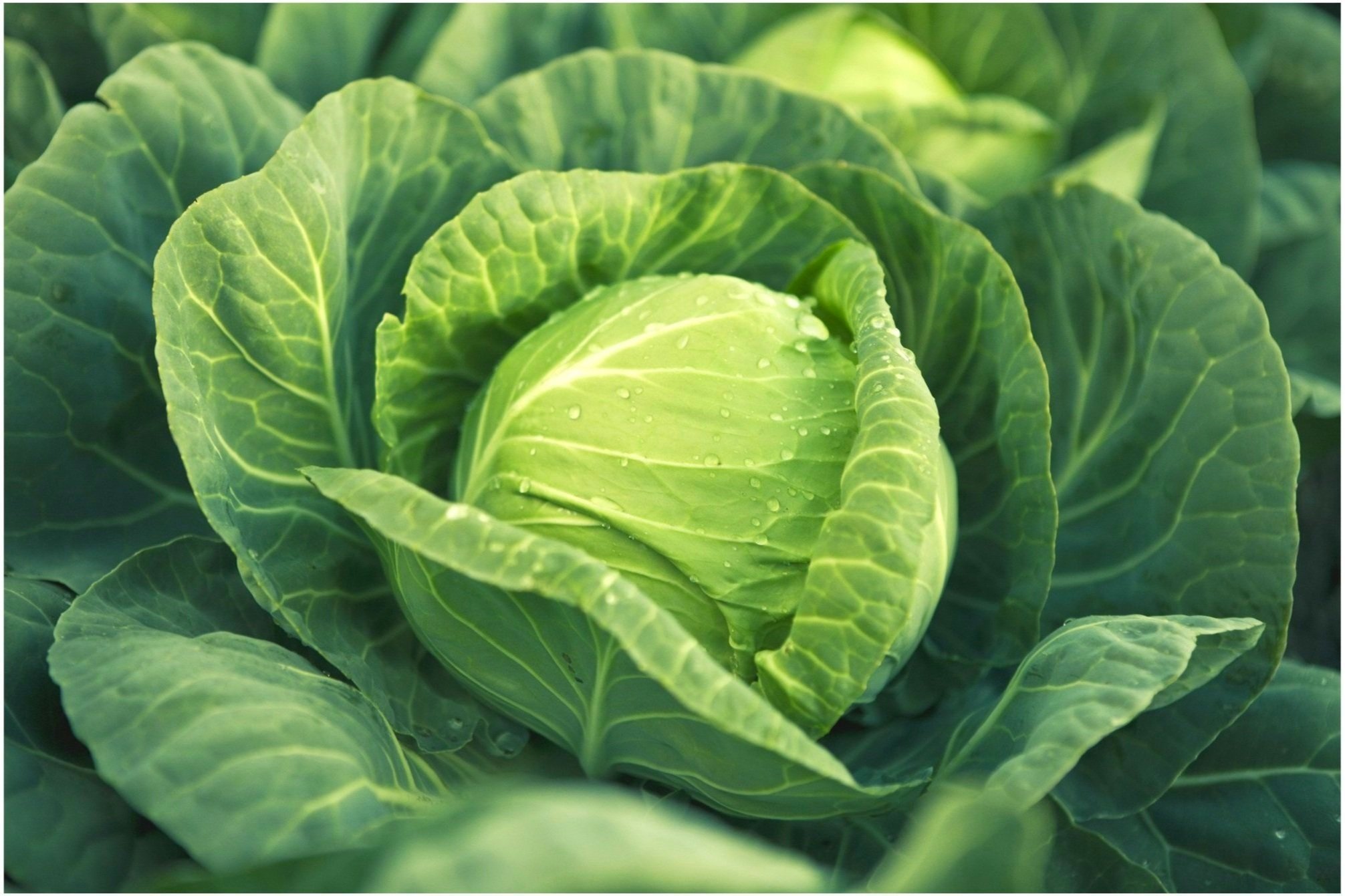
Produce Sustainability News
Jumpstart Your Sustainability Career: Measure to Improve’s Sustainability Apprenticeship Program
If you are passionate about the environment and looking for a job that makes a difference, a career in sustainability might be the perfect fit! Learn more about our Sustainability Apprenticeship Program.
A Guide to Sustainability Certifications for the Fresh Produce Industry
Sustainability certifications can help your business in a variety of ways. They allow a company to articulate their sustainability accomplishments, and to do so in a way that consumers can trust.
Unpacking Greenhouse Gas (GHG) Emission Reporting in the Fresh Produce Industry
As climate change concerns continue escalating, industries are increasingly under pressure to measure, report, and mitigate their greenhouse gas (GHG) emissions.
Fresh Picks & Sustainability Tips: May 2024
Each month we share some of the most exciting things happening in produce and sustainability, helping you stay on top of the trends and giving you an inside peek at what we’re working on.
Looking Back and Looking Ahead: Celebrating 10 Years in Business
Measure to Improve was founded in 2014 with a simple yet ambitious vision: shape a sustainable fresh produce industry that is resilient, healthy, collaborative, and prosperous.
Fresh Picks & Sustainability Tips: April 2024
Each month we share some of the most exciting things happening in produce and sustainability, helping you stay on top of the trends and giving you an inside peek at what we’re working on.
Fresh Produce Growers' Guide to Sustainability Reporting
Consumers are increasingly demanding environmentally and socially conscious products. With sustainability demands here to stay, how can growers prepare to report their sustainability efforts?
Why Do Fresh Produce Growers Need an Integrated Pest Management (IPM) Program?
Retailers such as Walmart, Kroger, and Whole Foods are beginning to require produce suppliers to implement IPM practices in their operations. IPM aims to control pest populations while maintaining yield and crop quality and minimizing negative economic, health, and environmental impacts.




















